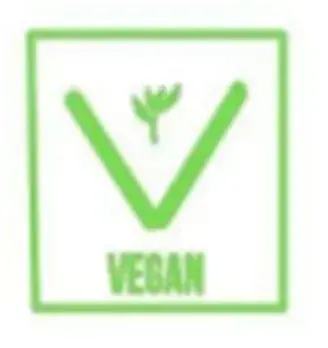By Rupin Chopra and Apalka Bareja
Veganism is the new talk of the town. With the growing awareness about health benefits of plant based protein and nutrients, veganism has grown to be the preferred choice for a vast majority of population these days. This growing preference for vegan food has also led to consumers closely observe the ingredients, labelling, packing of such food to ensure they are being served authentic vegan food.
To regulate the manufacture, packaging, sale, marketing, distribution and import of vegan food in the Indian Territory, the Food Safety and Standards Authority of India (FSSAI) on June 10, 2022 notified the Food Safety and Standards (Vegan Food) Regulations, 2022 (hereinafter referred to as “Regulations”)1.
Definition of Vegan Food
Regulation 2(1)(a) defines “Vegan food” as ‘those foods or food ingredients that have not made use of any ingredients, additives and processing aids of animal origin including milk and milk products, fish, poultry and meat, egg or egg products, honey or honey bee products, materials of insect origin like silk, dyes, chitin/ chitosan etc. or ingredients that are classified using animal sourced products e.g. bone char used in sugar bleaching, isinglass in clarifying beer etc.’.
In simple words, vegan food includes that food which is made solely from plants (such as vegetables, grains, nuts and fruits).
General requirements for vegan foods
Regulation 3 lays down the following general requirements for vegan foods:
- No person shall manufacture, pack, sell, offer for sale, market, distribute or import any vegan food unless they comply with the requirements laid down under the Regulations.
- Vegan food shall not have involved animal testing for evaluating the safety of the final product/ ingredient.
- The Food Business Operator shall ensure that all stages of production, processing and distribution are designed to conform to Good Manufacturing Practices to avoid the unintended presence of non-vegan substances.
- If the same production line is shared with non-vegan products or ingredients, thorough cleaning or comparable measures shall be carried out before production of vegan products commences.
- There shall be traceability established up to the manufacturer level by the Food Business Operator.
Labeling and display requirements- Vegan Food
Regulation 4 lays down the labelling and display requirements on the seller of vegan food which are as follows:
- The seller of vegan foods shall store and display such food in a manner distinguishable from non- vegan food either exclusively or as part of retail merchandise.
- Every package of vegan foods shall carry the following logo after receiving approval from the Regulatory authority:

iii. In addition to the labelling requirements specified above, all vegan foods shall also comply with the packaging and labelling requirements specified under the Food Safety and Standards (Labelling and Display) Regulations, 2020. Click here to know more about the Regulations.
Regulation 5 lays down the following compliances with regard to vegan food:
- The food business operator shall submit an application with all the necessary details related to the plant/ machinery/ premises to the Food Authority. Inspection and verification of the premises shall be done by concerned Food Safety Officer or Designated Officer.
- No vegan food products shall be imported except with a certificate issued by the recognized authorities of the exporting countries.
By defining the term vegan food and laying down the labelling, display, and compliance requirements with respect to vegan food, the Regulations are a laudable step by FSSAI in providing clarity to the consumers and obliging manufacturers, packers, distributors to adhere to Good Manufacturing Practices while offering quality vegan food to consumers.
[1] Notification bearing No.33074/2022 available at https://www.fssai.gov.in/upload/notifications/2022/06/62ac3f9dba33cGazette_Notification_Vegan_Food_17_06_2022.pdf
Related Posts
Food laws on Specified Food and Food Ingredients- India

